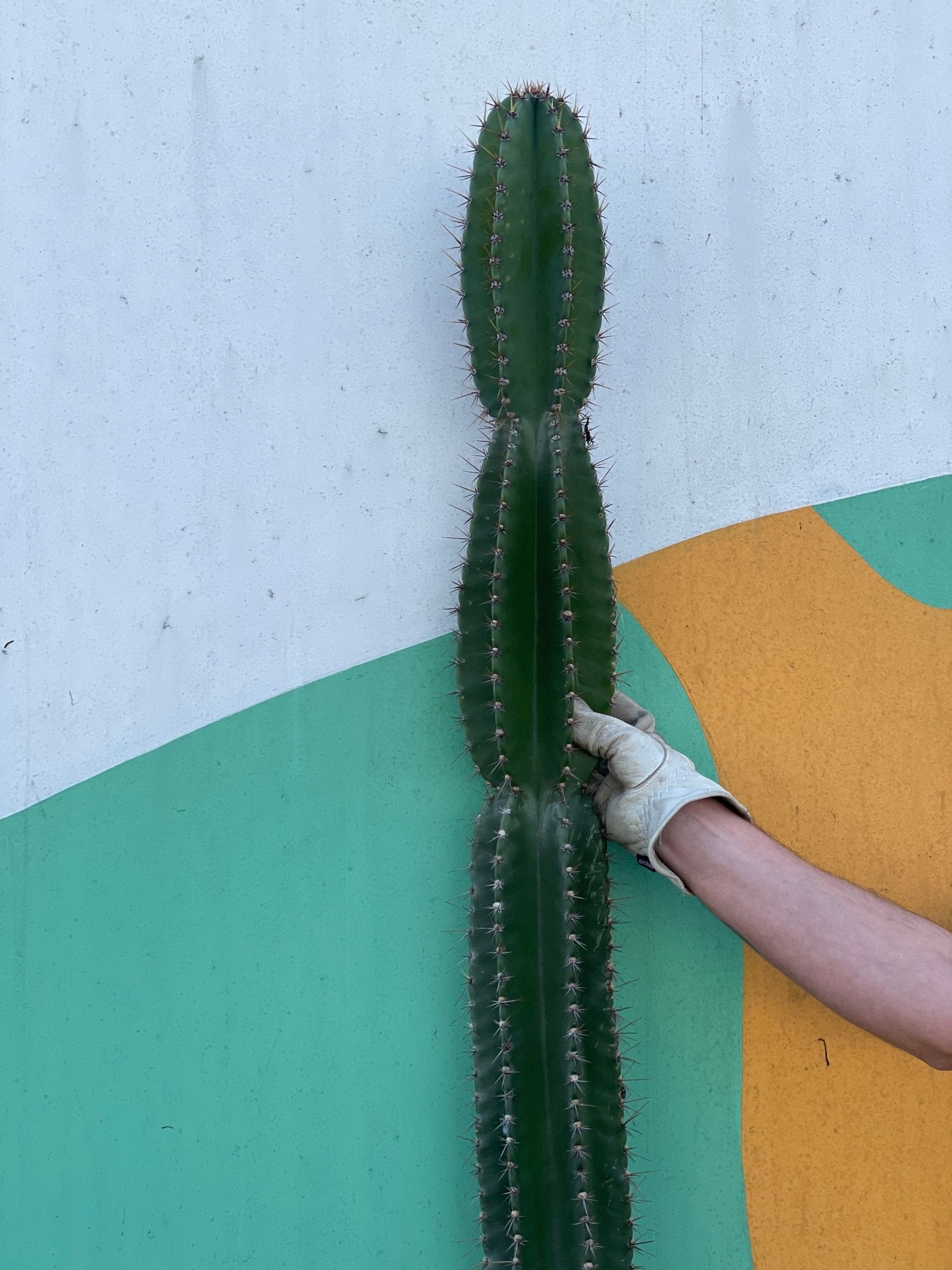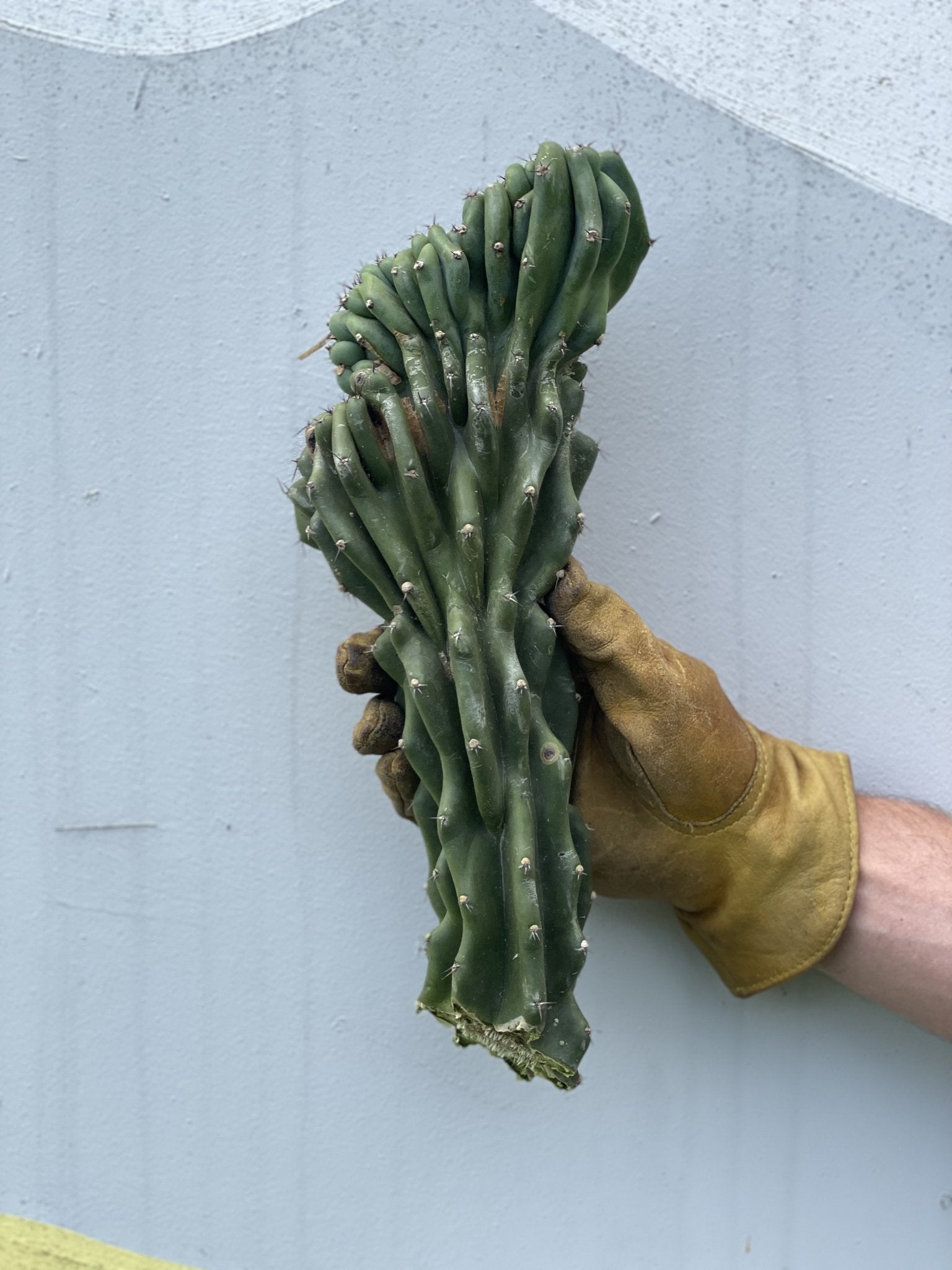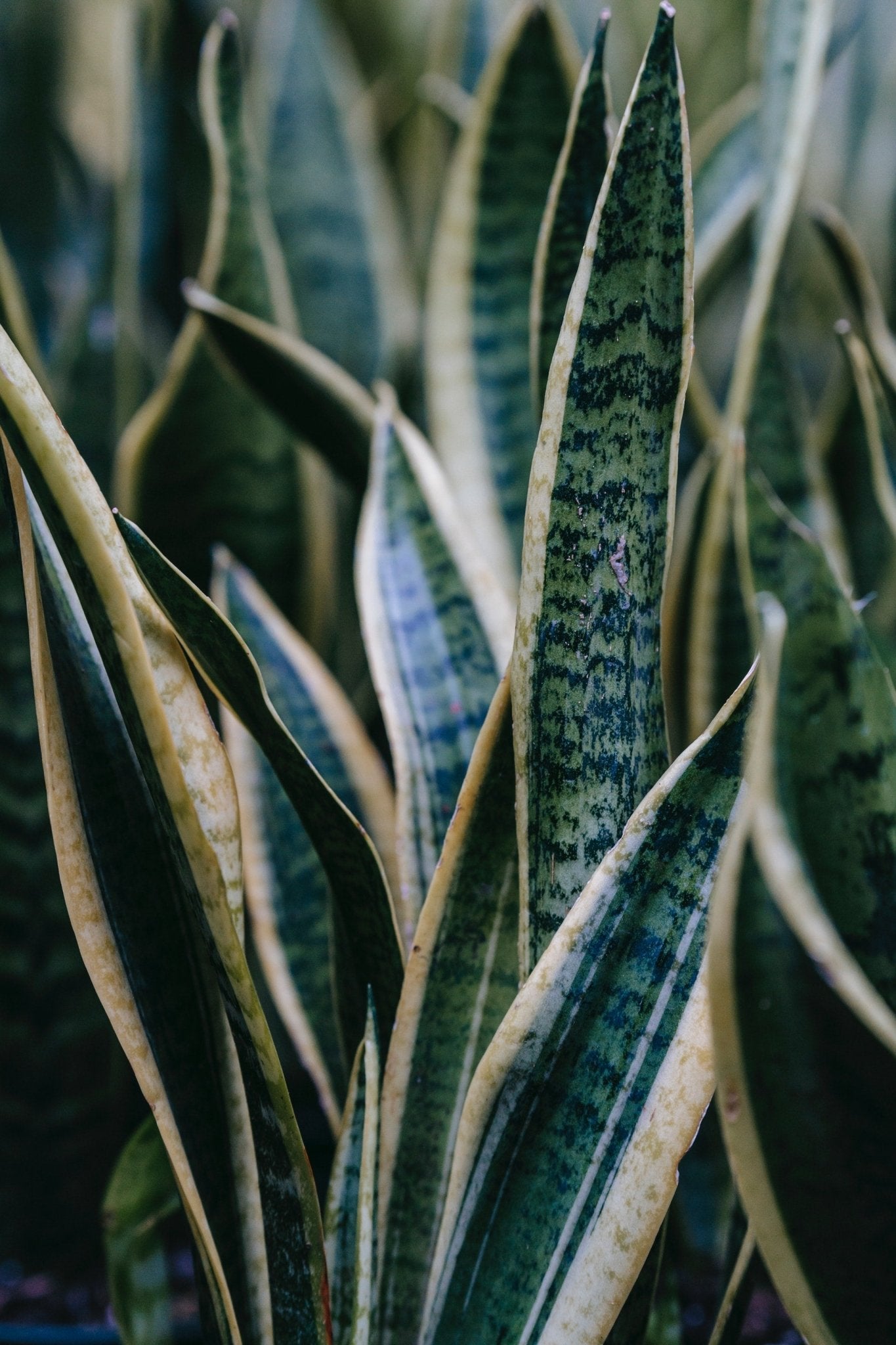Snake Plants have intriguing names such as Mother-in-Laws Tongue and Vipers Bow String Hemp, and they are a great addition to any home. They enhance home decor and create a healthier environment.
Benefits of a Snake Plant
Cleanses the Air
Snake Plants are recognized as natural air purifiers. They aid in eliminating toxins like formaldehyde and benzene, which are linked to health issues such as headaches, dizziness, and cancer. Having a Snake Plant at home can mitigate these risks.
Good for Mental Health
Snake Plants may positively impact mental health. Studies have shown that Snake Plants and other common houseplants can reduce stress and anxiety levels. Humans need a close relationship with nature, so introducing plants into your home helps keep this connection strong.
Low Maintenance
Snake Plants are known for their low maintenance requirements. They thrive on minimal water and light. Additionally, this succulent is resistant to pests and diseases, reducing the need for constant monitoring.
A Snake Plant is ideal for novice gardeners. Its resilience allows for some mishandling during the learning process. Caution is advised with animals due to its toxicity to pets.
Care Tips for Snake Plants
Water Requirements
Snake Plants are drought tolerant and can go long periods without water. When you water your Snake Plant, make sure the soil is completely dry before watering again. Overwatering can lead to root rot, so it's better to err on the side of caution.
Ideal Light
Optimal light conditions for Snake Plants include bright, indirect light, although they can adapt to low light. Observe the leaves for signs of insufficient light if unsure.
Soil Type
An optimal soil drainage is crucial for Snake Plants. Utilize a quality potting mix or cactus mix. To check soil drainage, insert your finger into the soil. If water droplets appear on your finger, the soil is too moist and requires drying.
Fertilizer
Snake Plants require minimal fertilization, but a light feeding during spring and summer is optional. Utilize a balanced, all-purpose fertilizer following packaging instructions to avoid over or under-fertilization.
Temperature Needs
Snake Plants are tropical plants and prefer warm temperatures. They can handle colder temperatures, but may become dormant in winter if the temperature falls below 50°F.
Final Thoughts
Snake Plants are a great addition to any home. Not only do they look good, but they also help to purify the air and reduce stress levels. They're low maintenance and can tolerate a wide range of growing conditions. With a bit of care, your succulent will thrive for years to come.












Leave a comment